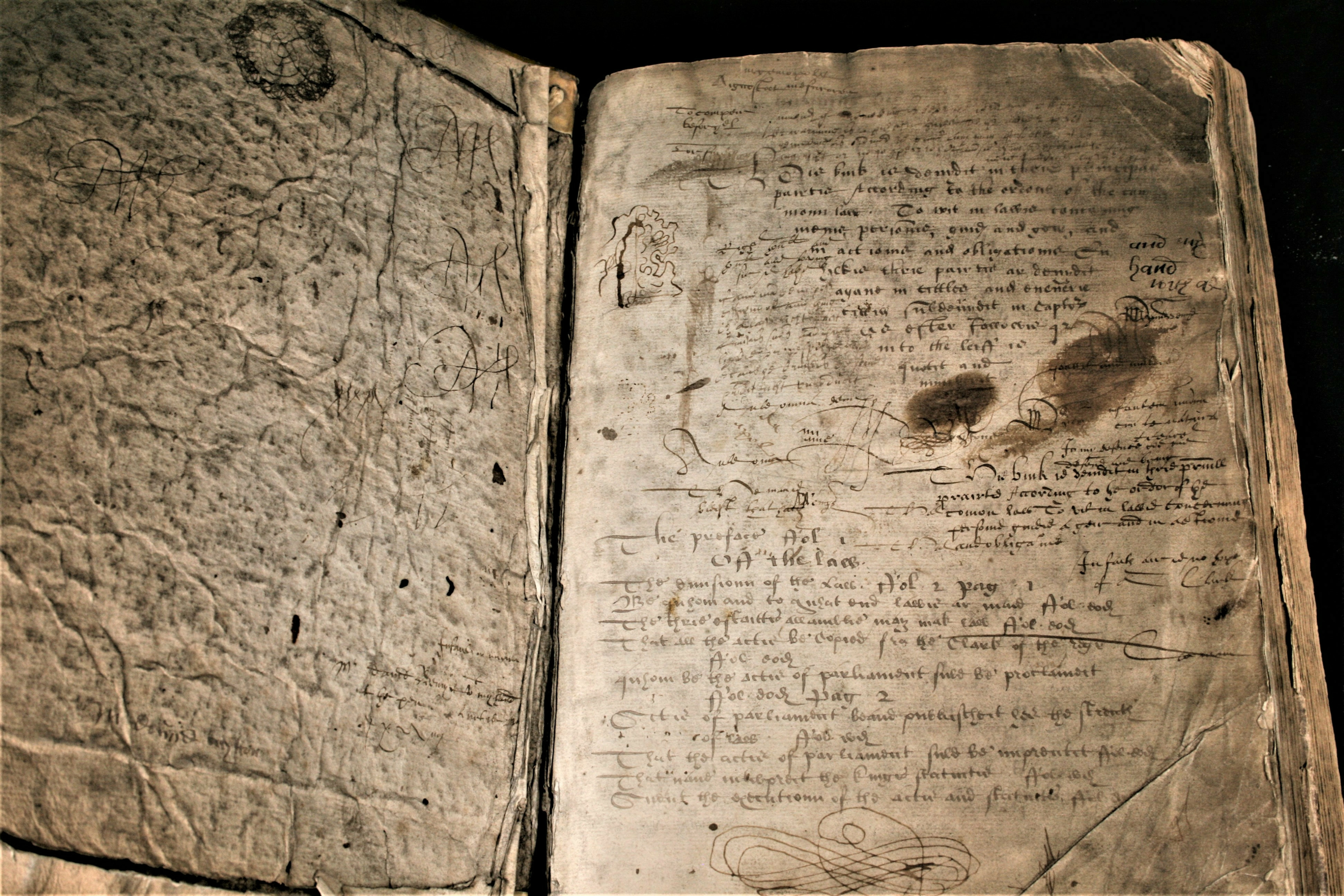

Unlike the autographs, copies may not be free from error. This book far surpasses all others in purity. It was not necessary therefore to render all the scribes infallible, but only so to direct them that the true reading may always be found out. Therefore the foundation of the purity and integrity of the sources is not to be placed in the freedom from fault?of men, but in the providence of God, which (however men employed in transcribing the sacred books might possibly mingle various errors) always diligently took care to correct them, or that they might be corrected easily either from a comparison with Scripture itself or from more approved manuscripts. (2)įrancis Turretin was of the same opinion:Īlthough we give to the Scriptures absolute integrity, we do not therefore think that the copyists and printers were inspired (theopneustos), but only that the providence of God watched over the copying of the sacred books, so that although many errors might have crept in, it has not so happened (or they have not so crept into the manuscripts) but that they can be easily corrected by a collation of others (or with the Scriptures themselves). They were therefore not "God-breathed" as was the original. It would certainly be unwarrantable to maintain that copies of what they spoke were also inspired, since these copies were not made as men were borne of the Spirit. If the Scripture is "God-breathed," it naturally follows that only the original is "God-breathed." If holy men of God spoke from God as they were borne by the Holy Spirit, then only what they spoke under the Spirit's bearing is inspired. It is only the original authors that were inspired by God to write without error (2 Peter 1:20-21 Exodus 32:15-16 2 Samuel 23:2 Jeremiah 1:9), and copies are the inspired, infallible, inerrant Word of God only to the degree that they reflect the original words. Mistakes in the original manuscripts would attribute error to God, but defects in the copies attribute error only to the copyists. God never claims to have infallibly inspired translators and copyists (1) (albeit He does promise to keep His Word pure throughout the ages Isaiah 40:8). The good copies which we have, as a whole, can, and do, contain the very words of God.Ī Biblical view of Scripture makes no assertion that no errors have crept into any of the copies. But, as we will see, although we do not possess the original manuscripts (that is, the physical documents), it does not follow that we do not have the original words in the copies. But because these original tongues are not known to all the people of God, who have right unto, and interest in the Scriptures, and are commanded, in the fear of God, to read and search them, therefore they are to be translated into the vulgar language of every nation unto which they come, that the Word of God dwelling plentifully in all, they may worship Him in an acceptable manner, and through patience and comfort of the Scriptures, may have hope.Īccording to the Westminster theologians, the Hebrew Old Testament and the Greek New Testament were "immediately inspired by God." These inspired words were "kept pure in all ages." The Greek and Hebrew copies of the original manuscripts that we possess today are "authentical," and they are the Word of God.Ī pseudo-problem, which the Westminster Confession, by its focus on words, not documents, avoids altogether, is that none of the original manuscripts (autographa) is extant. The Old Testament in Hebrew (which was the native language of the people of God of Old), and the New Testament in Greek (which at the time of the writing of it was most generally known to the nations), being immediately inspired by God, and by His singular care and providence kept pure in all ages, are therefore authentical so as in all controversies of religion, the Church is finally to appeal unto them. In the Westminster Confession of Faith (1:8) we read:


 0 kommentar(er)
0 kommentar(er)
